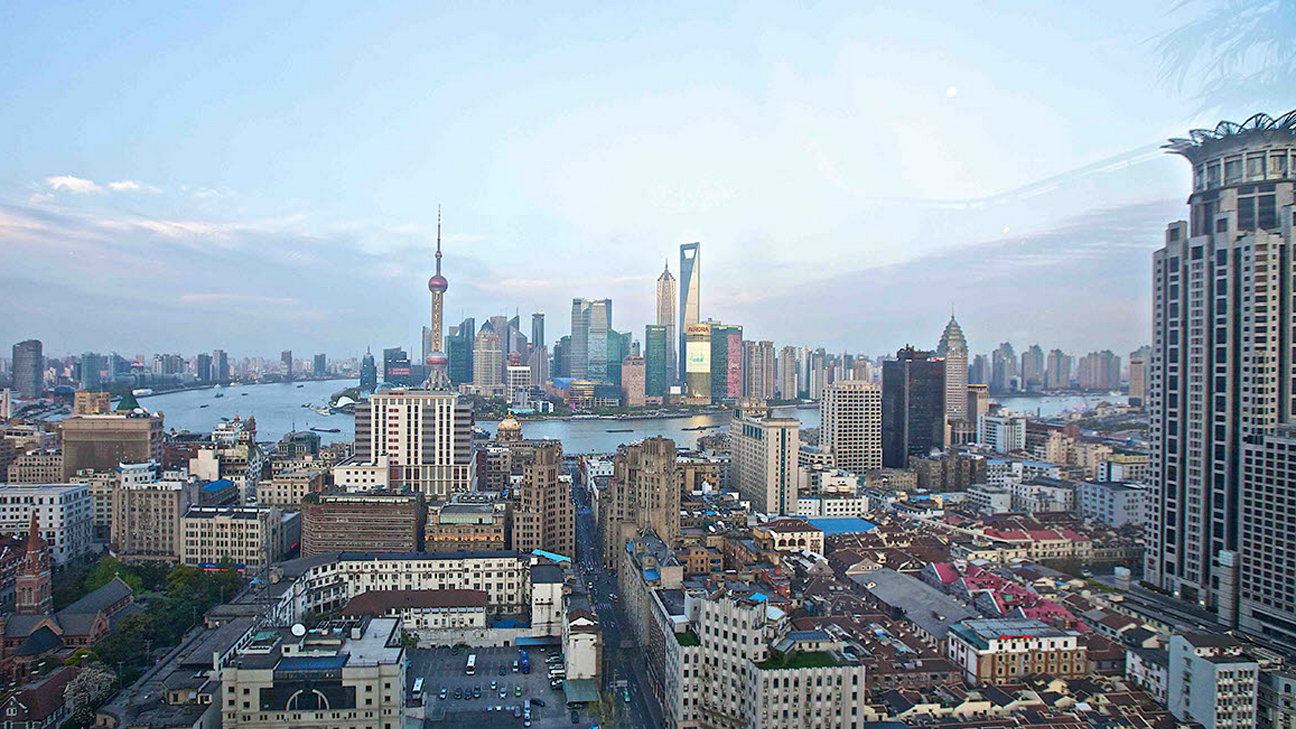Having been the first region to feel the pain of the Covid-19 outbreak, markets in Asia Pacific are now showing early signs of revival. As elsewhere, though, initial optimism as to the speed and scale of the recovery has dampened.
“Originally, which is to say just four to six weeks ago, when we were assessing the effects of Covid-19, we based our analysis on the most natural comparison that there was: the SARS outbreak of 2003,” explains Andrew Haskins, Executive Director of Research in Asia for Colliers International. “On that basis, we assumed that there would be a rebound in activity in the real estate markets from the early part of the second half of the year. We now expect a three to six-month delay in that pick-up.”
It was the evolution of Covid-19 from regional epidemic to global pandemic that prompted the revision. China’s international standing may have been compromised by its role in the spread of Covid-19; the subsequent global economic fallout from the pandemic has presented an all too literal example of the new economic reality that when she coughs, the world catches a cold.
Covid-19: Regional Economic Impact series
The global economic ruptures caused by the Covid-19 pandemic continue. This series of four webinars, focusing in turn on conditions in Asia Pacific, the UK and Ireland, Europe and North America looks at the ongoing impact for commercial real estate investment markets and the construction sector and assess and medium/long-term prospects of recovery. Further consideration is given to whether various government support packages can ease the financial burden; how the crisis may prompt a paradigm shift in workplace, logistics and supply chain management strategies; the exacerbating effect of the crisis on the already struggling retail sector; and how the hospitality industry can weather the storm.
Measured on a purchasing power parity basis, it is now the planet’s largest national economy; for Haskins and colleagues, the process of recovery is an opportunity for the country to re-assert its burgeoning influence. “It’s perfectly reasonable to expect China to pull up the region – and perhaps the world – just as it did after the global financial crisis of 2008. Certainly, some things can go wrong, but there are positive signs and those should continue. Maybe we’re only talking about 1% GDP growth this year, but we could see a bounce back of 8% in 2021.”
It’s a sentiment echoed by Tammy Tang, the firm’s Managing Director in China. “Shanghai has already relieved all social distancing; Chengdu and Ningbo as well. A lot of cities are seeing a rapid pace of recovery. I think people, after being locked down for more than eight weeks, are desperate to come out and spend money.”
“I think people in China, after being locked down for more than eight weeks, are desperate to come out and spend money. ”
Tammy Tang, Managing Director
Colliers International (China)
The rest of the region is in large part now waiting on a ripple effect linked to increased economic activity in China. Terence Tang, Asia Managing Director of Capital Markets notes that, while lenders remain understandably cautious, there are opportunities in the market for investors. “What we are seeing is that credit is shrinking, a lot of financial institutions have stopped lending. Hong Kong has been the fastest market to respond, with a drop in asking prices of up to 30% - it’s traditionally a very responsive market. For investors, this is a window where they can look at securing assets that they would not normally have the opportunity to secure. It’s also interesting that this event has showcased that different asset classes do behave differently in a crisis.”
For Andrew Haskins, while Covid-19 represents a major bump in the road for the global economy, the direction of travel remains unchanged: “If you look at almost any predictions as to the global centre of gravity in the 2030’s, Asia dominates. Does Covid-19 change that? I don’t think so.”


